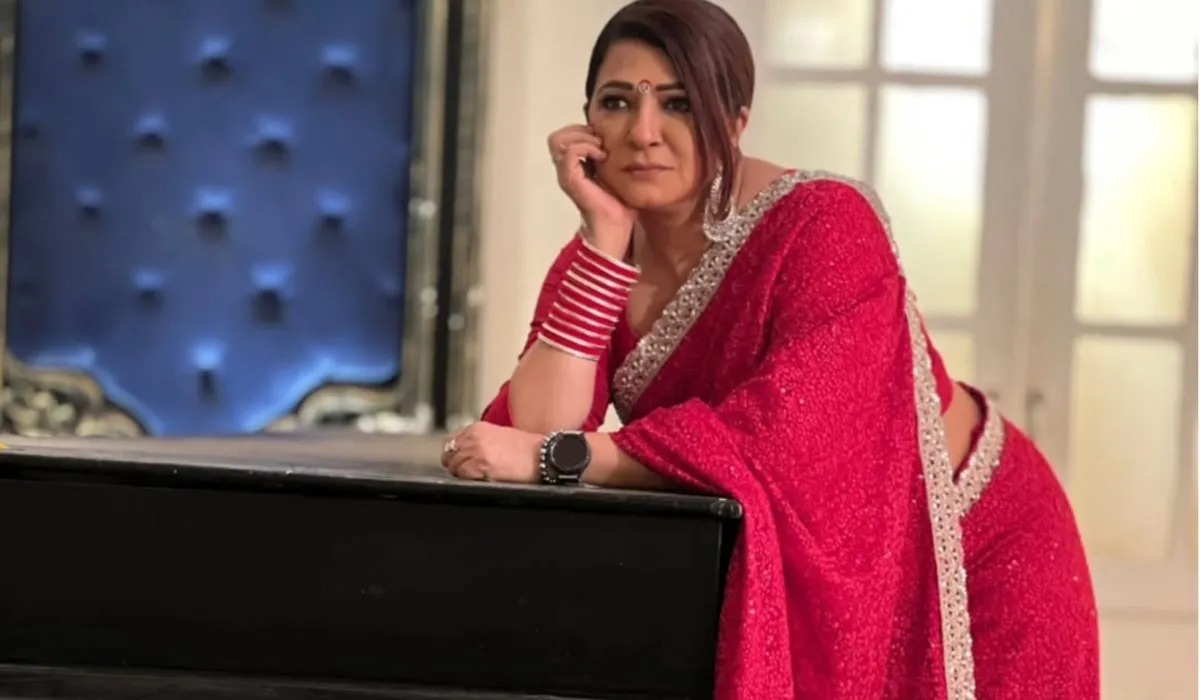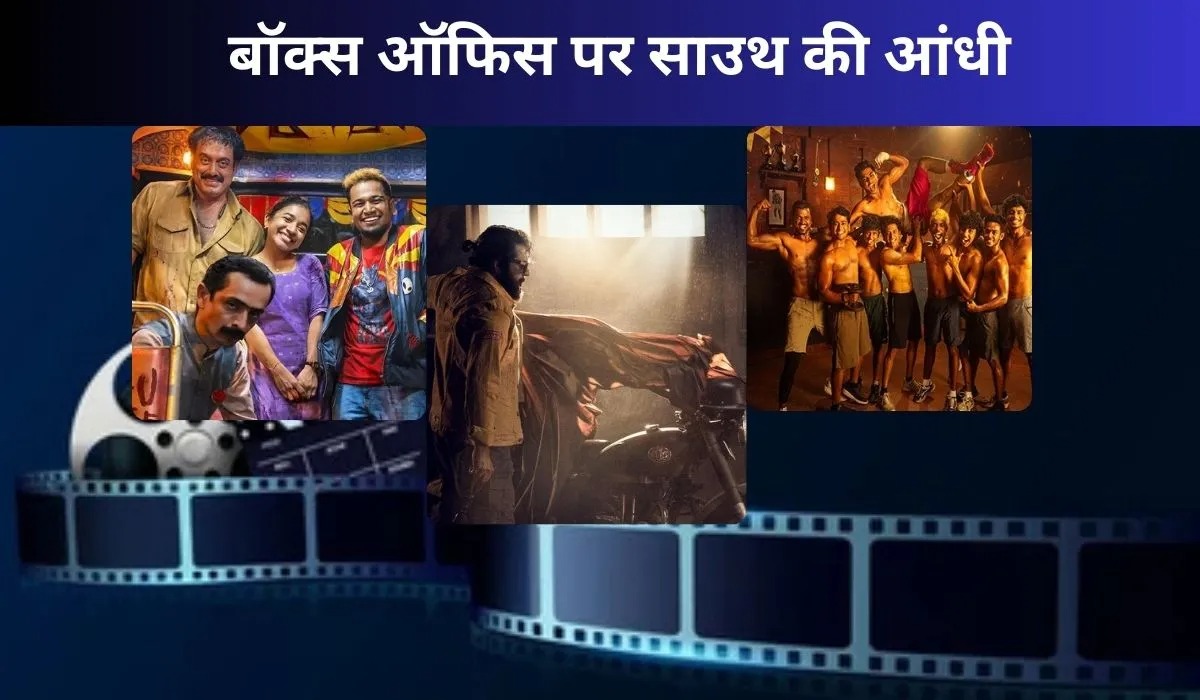
Answering a question of whether she works towards changing her industry, she spoke in Hindi, “I truly wish that more actors take this kind of initiative and which I have seen many of my peers already doing, that no matter where you are how can you help propagate the subject of sustainability into the norm. As an actor, you wear your clothes again and cherish it. Because sometimes individuals, particularly the youth, children have this mean to say we cannot repeat anything. That is where we should be changing the narrative. You go on and tell people, stop littering, save water, do not buy single-use plastics, wastage of food, electricity; what is sustainability? Sustainability is how we lived fifty years ago. It is how we lived as children in our grandparents home.”
“I remember seeing my grandmother turning all the wet waste into compost. Many people didn't even know what composting was, but in our culture, we used to bury our wet clothes into the soil and we did it for ages. I used to think, ‘Why isn’t she throwing this in the bin?’ The peels of fruits were always put in a separate container.
Lights off, don’t waste water, these are phrases that have been drilled into us since childhood. We need to get back to that. And I have said this so many times and will say this again, this is it, our only planet. This is our only place we call home. Where do you plan on going?”
In a PIP setting, watching a movie
Bhumi Pednekar’s statements directed towards the youth of the country
“Let me argue it this way: Yes, our population is huge. But, a large population is also an asset. India is one of the youngest democracies. And the poor, poor, power is in the hands of peopl aschangemarkers are also born." said Pednekar.
While speaking to young Indians, Bhumi referred to India as a ‘climate-forward country’ and applauded Prime Minister Narendra Modi for consistently focusing on this subject during his address.
Bhumi concluded, “We as a country must set an example for what a sustainable economy should look like.”

 Share
Share






